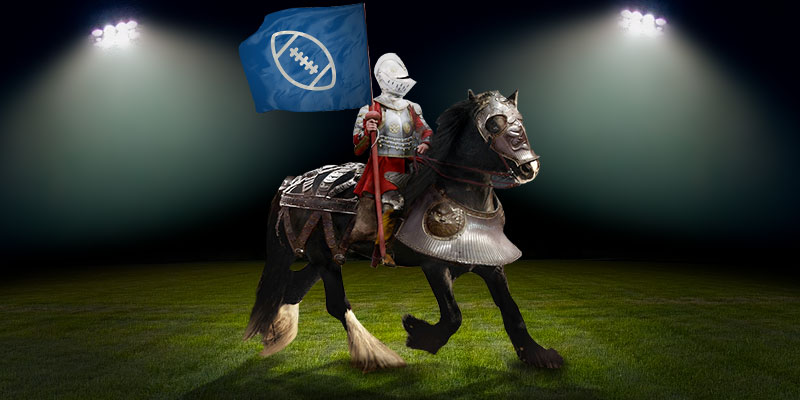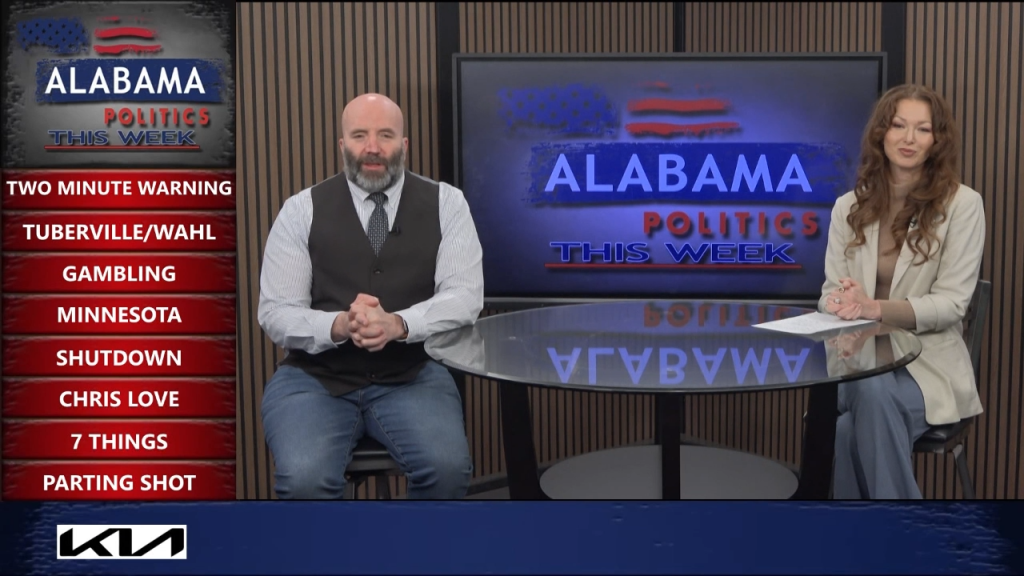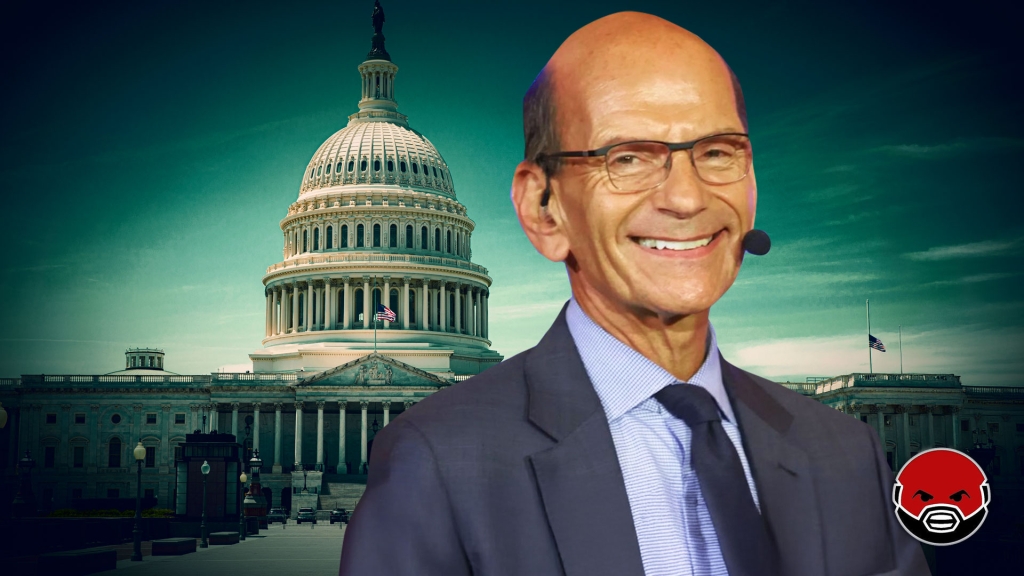As two college football conferences muddled their way through season cancellations this week, loud cries rang out for a centralized leader of the sport.
The poor decision-making in those conferences could have been prevented by a single, national voice coordinating the process, they say. Without a doubt, the players, coaches and universities in the Big Ten and the Pac-12 have been failed by their leadership. There’s no need, though, to make this more complicated than it needs to be.
Contrary to what you may have heard the past week, college football does have a leader.
And he’s right here in Alabama.
Greg Sankey, commissioner of the SEC, has navigated the most challenging year in college football history with a steadiness envied by other programs not fortunate enough to be part of the nation’s reigning conference.
Had other conference commissioners followed Sankey’s leadership model, they would not be in such a self-inflicted mess.
Sankey’s approach has been methodical. He and the conference’s member institutions have been steadfast in their reliance upon medical professionals in assessing player safety and establishing essential protocols. Some of the world’s most renowned physicians and researchers reside within the SEC’s footprint, and Sankey and his university leaders have counted on their input from the beginning of the pandemic.
In addition, Sankey has displayed a thoughtfulness throughout the process. There has not been a day when the SEC appeared not to have a plan.
Perhaps the least thoughtful people in all this have been the national sports media. Listening to them, one would believe blame for the current state of the season should fall on nearly everyone except the virus itself. A popular target is the NCAA. Sports media hysteria at one point reached such a fevered pitch that Dabo Swinney and Danny Kannell found themselves in the crosshairs. Columnist Pat Forde went on a wild rant blaming President Donald Trump for the cancellation of football games.
The unhinged nature of sports media comes from its view of the college sports world. No one really thinks sports media wants to kill the season and risk losing their jobs. But they are in conflict. They believe college football players are exploited and, in their view, chaos will topple the power structure for which they have so much disdain.
That notion demonstrates the complete lack of thought on the part of sports media, and it is where the conflict comes in. Sports media wants to punish the power structure of college football but in doing so the season may get blown up and players, coaches and college communities become collateral damage.
Not to be outdone by sports media, the appointed authorities of the Big Ten turned their process into a complete debacle, leaving behind scant evidence of any thought whatsoever.
Almost immediately after announcing its schedule, the Big Ten decided to cancel the season. Its leaders leaked the news out as a trial balloon.
When that did not go well, the Big Ten gave the go-ahead to reporters on a scary health report it had already leaked out. Astonished that other conferences not named the Pac-12 had failed to bend at the knee to its decision, the Big Ten backtracked until it ultimately announced it would pursue an unrealistic spring football season.
There are a few reasons why the Big Ten plan is so bad. Chief among them is that nothing changes except Saturdays. Teams are allowed to continue to practice and meet 20 hours per week, and players will continue normal campus activities with tens of thousands of other students. But simply playing on Saturdays was deemed too dangerous.
Then there are the unintended consequences. Noted quarterback guru and private coach Quincy Avery has already said he will help organize national 7-on-7 leagues for players unable to showcase their skills this fall. Do not expect those players to receive anything close to the carefully monitored care they would receive in-season as part of a college football program.
Unsurprisingly, national sports media has failed to scrutinize any of the holes in the Big Ten plan and its unintended consequences. Media member Stewart Mandel said that players in conferences still playing should demand some sort of an accounting of medical advice received by those conferences. Fox analyst and former college quarterback Joel Klatt smartly pointed out that it is the players being denied the opportunity to play that deserve an explanation.
Sankey’s methodical and thoughtful leadership was on full display Monday while chaos and misinformation erupted in other conferences.
In a timely social media post he wrote:
Best advice I’ve received since COVID-19: “Be patient. Take time when making decisions. This is all new & you’ll gain better information each day.” [The SEC] has been deliberate at each step since March…slowed return to practice…delayed 1st game to respect start of fall semester… Deveoped [sic] testing protocols…We know concerns remain. We have never had a FB season in a COVID-19 environment. Can we play? I don’t know. We haven’t stopped trying. We support, educate and care for student-athletes every day, and will continue to do so…every day.
Numerous players and coaches in the Big Ten have complained about a lack of communication coming from conference leadership. The absence of similar complaints in the SEC is notable. Integral to Sankey’s leadership model has been a commitment to communication.
Under Sankey, the SEC has gathered information, set benchmarks, met benchmarks and explained its process along the way. “One step at a time,” he cautioned.
As the opening week of college football season nears, no one really knows whether the season will get started, much less completed. But Sankey has put his conference in the best position possible to handle these extraordinary circumstances.
In the aftermath of whatever happens, the lesson is not to create a king of college football. The lesson is for conference commissioners to do their homework, stick to their plan and keep the lines of communication open in all that they do.
College football does not need a czar. It needs its leaders to simply be like Sankey.
Tim Howe is an owner of Yellowhammer Multimedia













